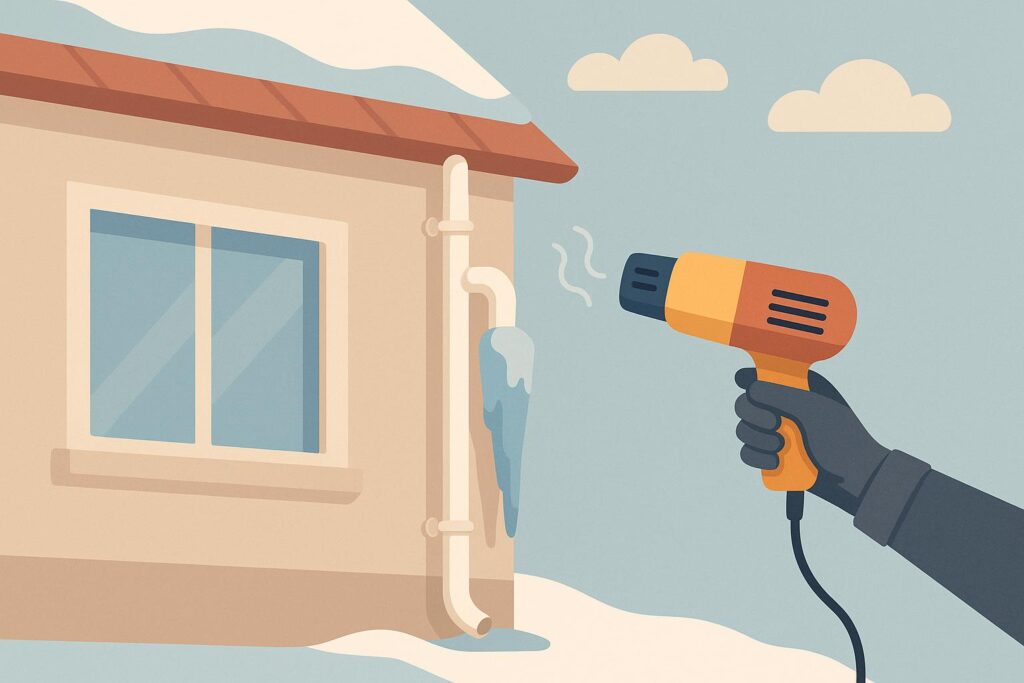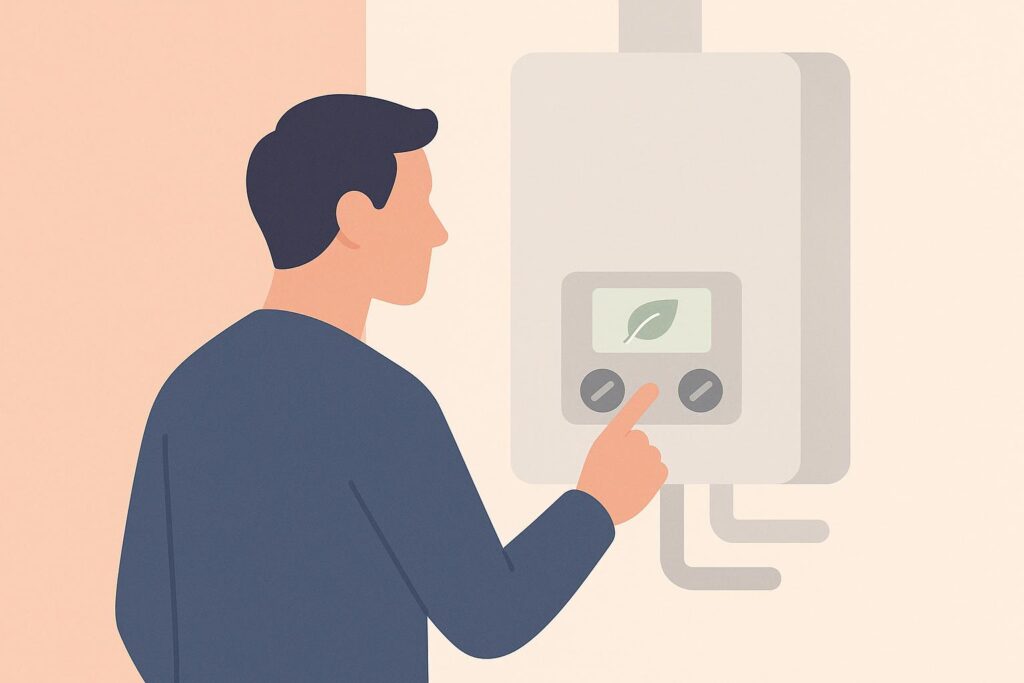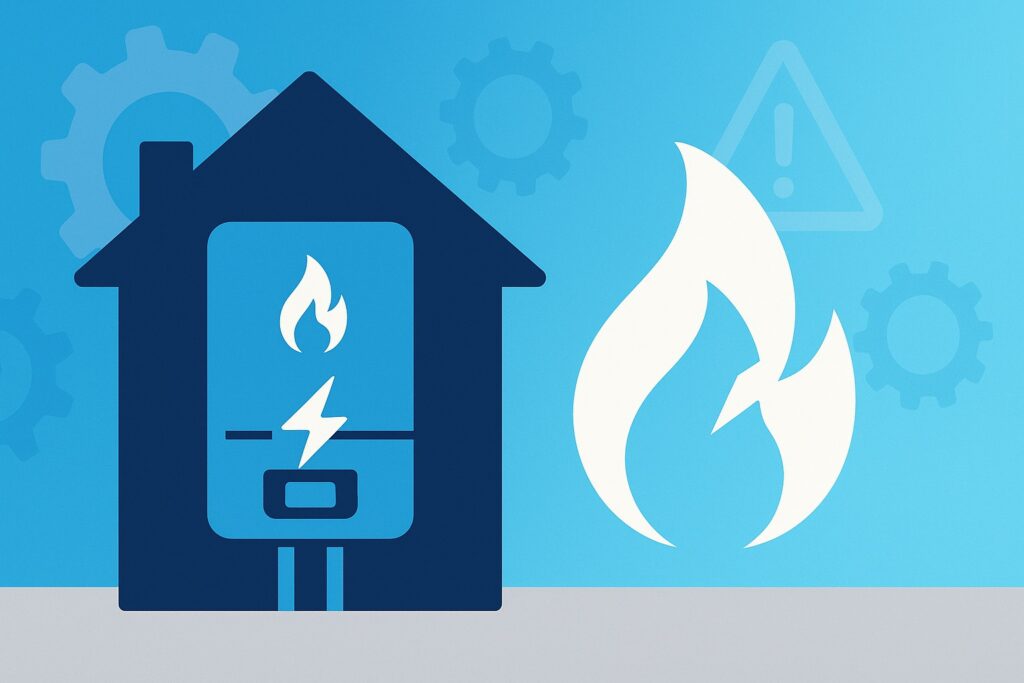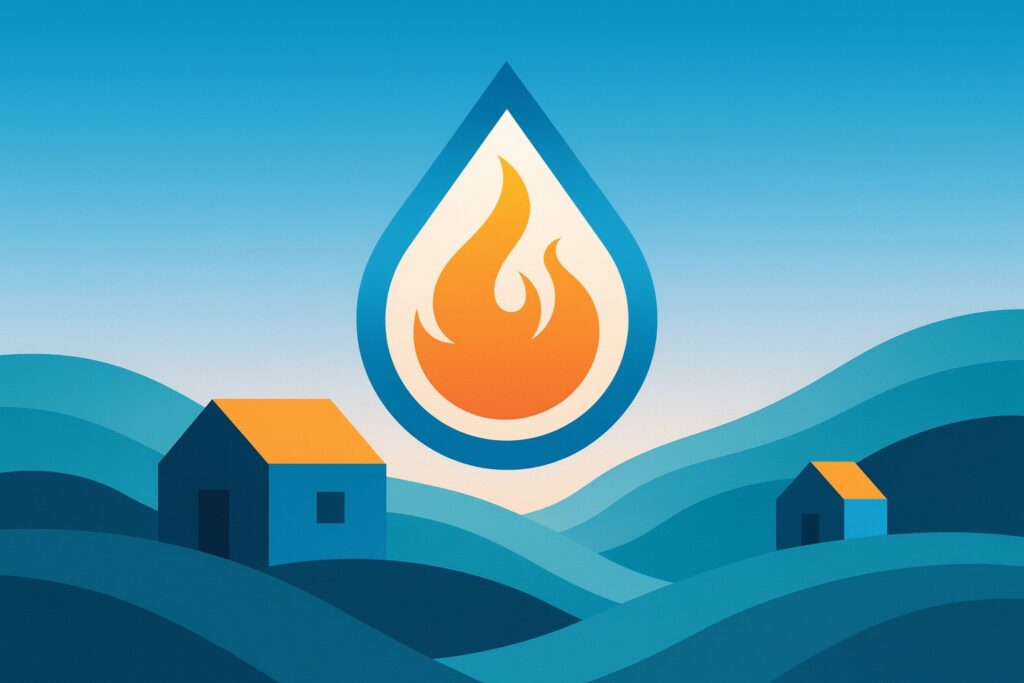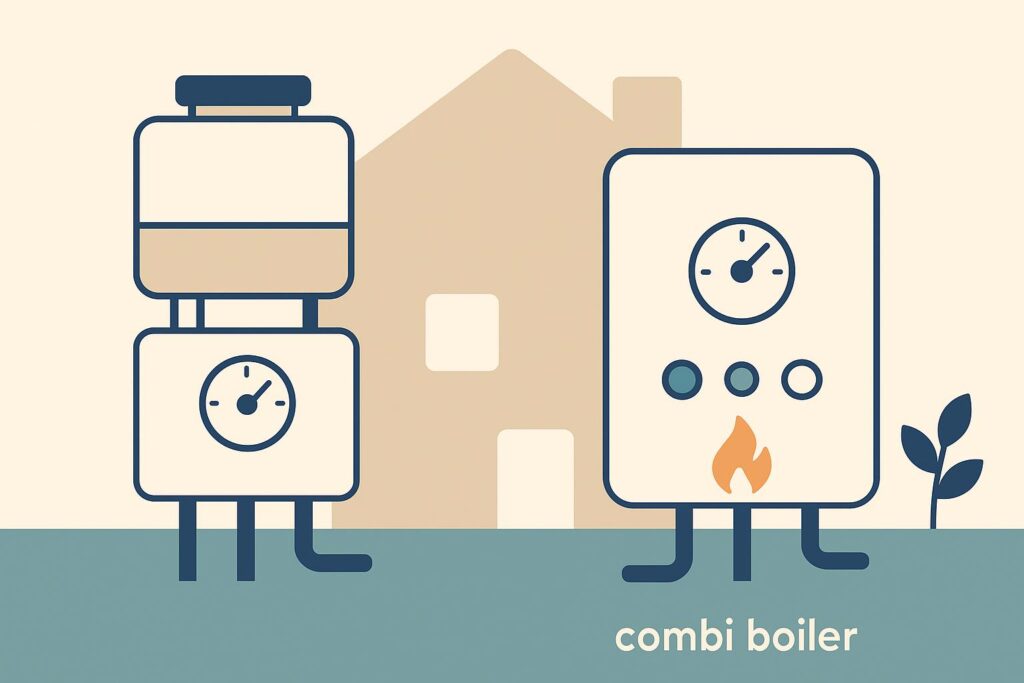
System vs Combi Boiler: The Ultimate Guide for Chalfont St Peter Homeowners
When it comes to choosing the right heating solution for your home, understanding the difference between system and combi boilers is essential. Many homeowners planning a boiler installation in Chalfont St Peter face the same question, which boiler offers the best performance, efficiency, and reliability for their household? Between fluctuating hot water demands, limited space, and the desire to reduce energy bills, choosing the right option can make all the difference. What is a Combi Boiler? A combination or combi boiler is a compact, all in one system that provides both heating and hot water without the need for a separate water cylinder or tank. It heats water directly from the mains supply, meaning you only get hot water when you need it. Key Benefits of a Combi Boiler For many residents, especially those in smaller Chalfont St Peter homes, a combi boiler can be the most convenient and cost effective option. However, its ability to provide hot water to multiple taps simultaneously is limited, making it less suitable for larger households. What is a System Boiler? A system boiler, unlike a combi, requires a separate hot water cylinder but no cold water tank. It heats water and stores it for later use, which means you can enjoy hot water across multiple outlets simultaneously without losing pressure. Advantages of a System Boiler Homeowners with larger properties or higher water usage may find a system boiler a more reliable choice. It provides strong water pressure and can better handle simultaneous use, such as running showers or taps in different rooms at once. System vs Combi Boiler in Chalfont St Peter: Which is Best? The right boiler depends on factors such as household size, water pressure, budget, and installation space. To decide between a system and combi boiler in Chalfont St Peter, consider the following: To see how different heating systems perform in nearby properties, you can also explore what we’ve done for homeowners in Chalfont St Giles. Understanding real life installations can help you visualise how your own home might benefit from the right boiler system. Energy Efficiency and Running Costs Both system and combi boilers are efficient choices, especially modern condensing models. However, their efficiency depends on how well they match your home’s needs. A boiler that’s too small will struggle to heat water efficiently, while one that’s oversized wastes energy. Combi boilers deliver top tier efficiency for smaller households because they heat water only when required. System boilers, while using stored water, remain efficient when paired with a well insulated cylinder. For tips on improving efficiency, take a look at the helpful insights available in the Amersham Gas blog. Installation Considerations When planning a new boiler installation, it’s essential to have an experienced Gas Safe registered engineer assess your property. The right professional will check your hot water requirements, inspect existing pipework, and recommend the most suitable boiler type and size. For example, if your home has limited space or a single bathroom, our engineers might recommend a compact combi boiler. On the other hand, if you have multiple bathrooms or often experience hot water shortages, a system boiler could be more practical. Final Thoughts Both system and combi boilers have their unique advantages. Choosing between them depends on your Chalfont St Peter home’s layout, occupancy, and long term heating needs. No matter which option you choose, selecting a high efficiency model installed by a trusted local expert ensures consistent warmth and comfort year round. If you’re still weighing up the system vs combi boiler in Chalfont St Peter, our team is here to help. For professional advice, a free quote, or to book your installation, contact us today.


